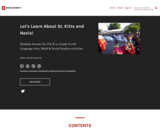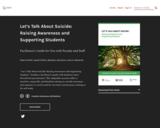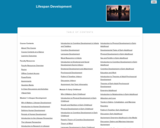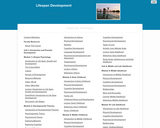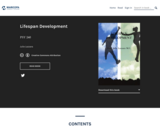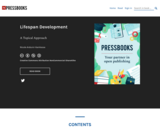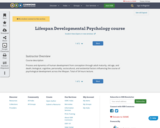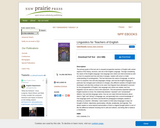This is an updated version. Introduction to Lifespan Development (Fall 2019)
Lifespan Development examines the physical, cognitive, and socioemotional changes that occur throughout a lifetime. This course covers the essentials in understanding human development, psychological research, and theories of growth and development. Students will come to understand the lifespan perspective and to analyze growth through each of the major stages of development: prenatal development, infancy, early childhood, middle childhood, adolescence, early adulthood (including emerging adulthood), middle adulthood, and late adulthood. The course covers key topics in each of these stages, including major developmental theories, genetics, attachment, education, learning, disabilities, parenting, family life, moral development, illnesses, aging, generativity, and attitudes towards death and dying.
Faculty members may readily adapt the course’s OER content to include new developments and research to equip students with what they need to have success in their sociological journey.
Contributors
This course, based on Lifespan Psychology by Laura Overstreet, includes additional material from the Noba Project, OpenStax Psychology, and additional noteworthy contributions by the Lumen Learning team and:
Sarah Carter
Margaret Clark-Plaskie
Daniel Dickman
Tera Jones
Julie Lazzara
Stephanie Loalada
John R. Mather
Sonja Ann Miller
Nancee Ott
Jessica Traylor
